Hi there, pet lovers! 🐍
If you’re looking for a snake that’s captivating, intelligent, and a little out of the ordinary, the False Water Cobra (Hydrodynastes gigas) might be just what you’re searching for. Native to South America, these snakes are known for their unique appearance, intriguing behaviors, and semi-venomous nature. Often described as the “ultimate snake enthusiast’s pet,” False Water Cobras are a fascinating choice for experienced reptile keepers. But are they the right fit for you? In this detailed review, we’ll explore everything you need to know about False Water Cobras, from their temperament and care requirements to their availability and cost.
Overview
The False Water Cobra is a large, semi-aquatic colubrid snake native to South America. Despite its name, it is not a true cobra but earns its title from its ability to flatten its neck into a hood-like display when threatened. These snakes are highly active, intelligent, and visually striking, making them a favorite among advanced reptile enthusiasts. Here’s a quick summary of what makes them stand out:
- Handling and Temperament: Active and intelligent but can be defensive; semi-venomous with a mild bite.
- Care and Maintenance: Requires a spacious, enriched enclosure with high humidity and a varied diet.
- Health and Durability: Generally hardy but sensitive to improper environmental conditions.
- Availability: Not as common as other pet snakes; best sourced from reputable breeders.
- Cost: Moderate to high initial cost, with significant setup and maintenance expenses.
False Water Cobras are a rewarding but demanding pet, best suited for experienced snake keepers who are prepared for their unique needs.
Why Choose a False Water Cobra?
False Water Cobras are ideal for reptile enthusiasts who want a large, active, and engaging snake that offers more interaction than many other species. Their intelligence, striking appearance, and unique behaviors make them a standout choice for those looking to go beyond beginner-level snakes. However, their semi-venomous nature, size, and specific care requirements mean they are not suitable for everyone.
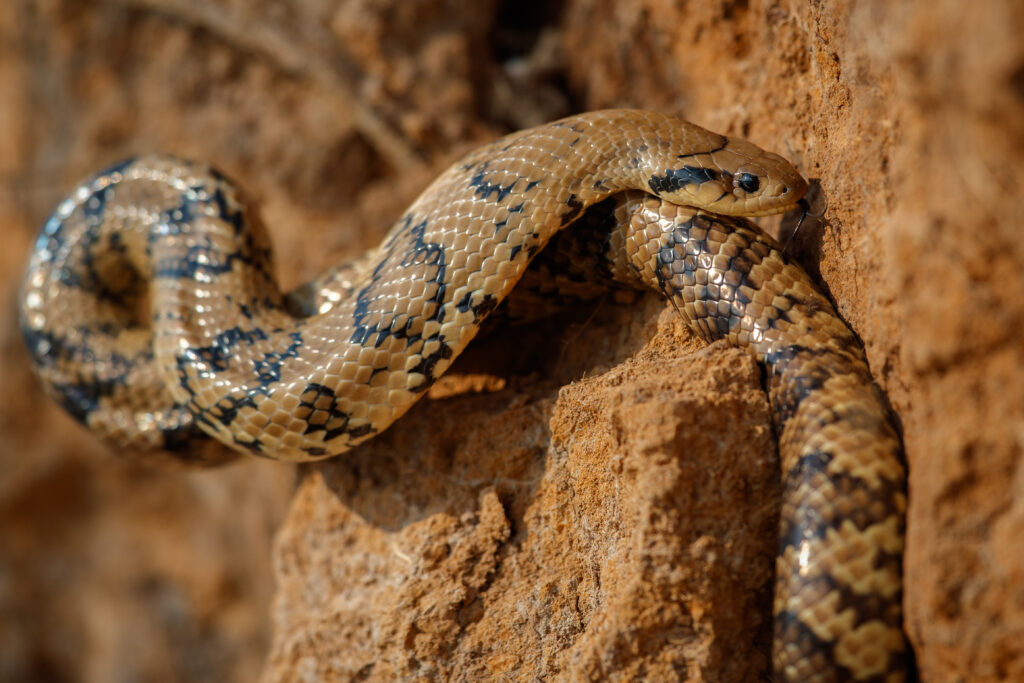
Handling and Temperament
False Water Cobras are highly intelligent and active snakes, making them fascinating to interact with. However, their temperament can vary, and they require confident and experienced handling.
Personality Variations
- Some individuals are calm and curious, while others can be more defensive and prone to hooding up or musking when stressed.
- Juveniles are often more skittish, but with regular handling, they can become more manageable as adults.
Handling Tips
- Confidence is key: These snakes respond well to calm, confident handling but can sense hesitation.
- Watch for warning signs: Hooding, tail whipping, and musking are signs the snake is stressed or uncomfortable.
- Use caution: While their venom is mild, it’s best to avoid bites by handling them carefully and avoiding sudden movements.
Semi-Venomous Nature
False Water Cobras are rear-fanged and mildly venomous. Their venom is not considered medically significant for most people, but bites can cause localized swelling, itching, or discomfort. Repeated bites may lead to increased sensitivity, so it’s important to handle them with respect and care.
Care and Maintenance
False Water Cobras are not low-maintenance pets. They require a carefully designed enclosure, specific environmental conditions, and a varied diet to thrive.
Enclosure Setup
- Size: Adults need a minimum enclosure size of 6x2x2 feet, but larger is always better. These snakes are active and appreciate space to explore.
- Climbing and Hiding: Provide plenty of branches, vines, and foliage for climbing, as well as multiple hides in both warm and cool areas.
- Substrate: Use a moisture-retentive substrate like coconut fiber or cypress mulch to maintain humidity.
- Water Feature: A large water dish or shallow pond is essential, as these snakes enjoy soaking and swimming.
Humidity and Temperature
- Humidity: Maintain 50-70% humidity with regular misting and a large water source.
- Temperature: Provide a basking spot of 90-95°F and a cooler area around 75-80°F. Nighttime temperatures can drop slightly but should not go below 70°F.
Feeding
- Diet: False Water Cobras are opportunistic feeders and enjoy a varied diet of rodents, fish, chicks, and occasionally amphibians.
- Feeding Schedule: Juveniles should be fed weekly, while adults can be fed every 10-14 days.
- Supplements: Dust prey with calcium and vitamin D3 supplements to ensure proper nutrition.
Lighting
While not strictly necessary, UVB lighting can benefit False Water Cobras, as they are diurnal and may bask in the wild. A heat lamp or radiant heat panel can also be used to provide warmth.
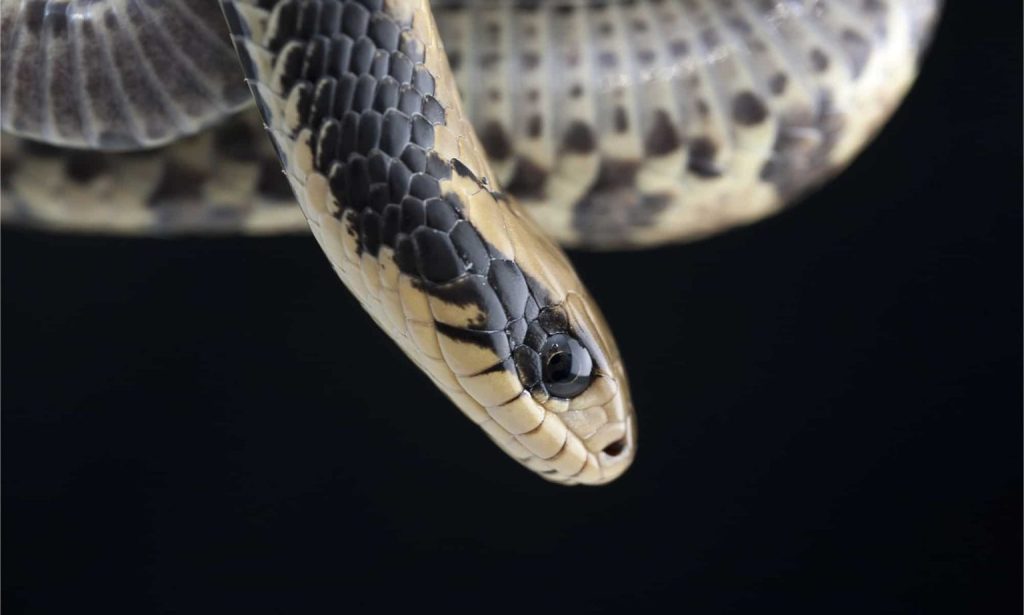
Health and Durability
False Water Cobras are generally hardy snakes when provided with proper care, but they can be sensitive to environmental changes.
Common Health Issues
- Respiratory Infections: Caused by improper humidity or temperature levels.
- Obesity: These snakes have a strong feeding response and can easily become overweight if overfed.
- Tail Injuries: While not prone to tail loss like some lizards, injuries can occur if the snake is handled roughly.
Preventative Care
- Maintain proper humidity and temperature levels.
- Provide a clean and enriched environment to reduce stress.
- Schedule regular health check-ups with a reptile-savvy veterinarian.
With proper care, False Water Cobras can live 15-20 years, making them a long-term commitment.
Availability and Cost
False Water Cobras are not as widely available as more common pet snakes like Ball Pythons or Corn Snakes.
Where to Buy
- Reputable Breeders: The best option, as they can provide healthy, captive-bred individuals.
- Reptile Expos: A great place to meet breeders and see the snakes in person.
- Online Retailers: Some specialize in rare or exotic species, but always verify the seller’s reputation.
Cost
- Snake Price: Expect to pay $300 to $700 for a captive-bred juvenile, with rare morphs costing more.
- Setup Cost: A proper enclosure, heating, lighting, and accessories can cost $500 to $1,000 or more.
- Ongoing Costs: Food, substrate, and electricity for heating and lighting add to the long-term expenses.
Pros and Cons
Pros
- Highly intelligent and active, making them fascinating to observe and interact with.
- Striking appearance with their hooding behavior and unique patterns.
- Hardy and long-lived when provided with proper care.
Cons
- Semi-venomous nature requires cautious handling.
- Large size and active nature demand a spacious and enriched enclosure.
- Not as readily available as other pet snakes.
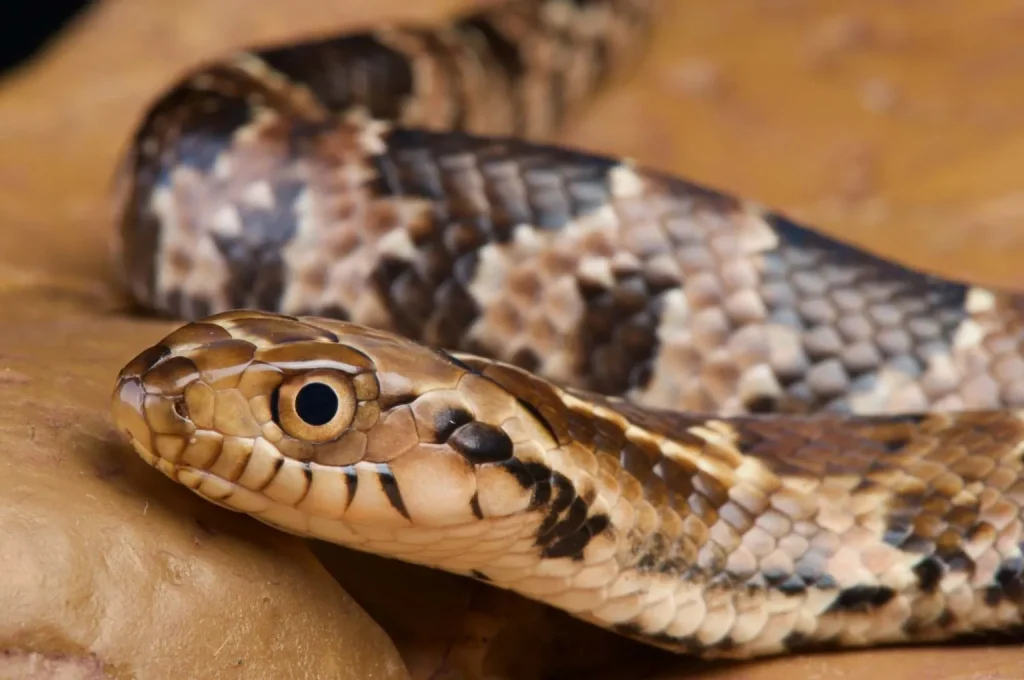
Final Thoughts
The False Water Cobra is a remarkable snake that offers a blend of beauty, intelligence, and activity. While they are not the best choice for beginners due to their size, semi-venomous nature, and specific care requirements, they are a fantastic option for experienced reptile enthusiasts who are ready for a challenge.
If you’re looking for a snake that’s as fascinating as it is unique, the False Water Cobra might just be the perfect addition to your collection. However, it’s essential to do your research and ensure you can meet their needs before bringing one home.
Have you owned a False Water Cobra? Share your experiences and tips in the comments below! We’d love to hear how you care for your snake and what makes them special to you.
For more reptile care tips and reviews, stay tuned to our blog and don’t forget to subscribe to our newsletter! 🐍

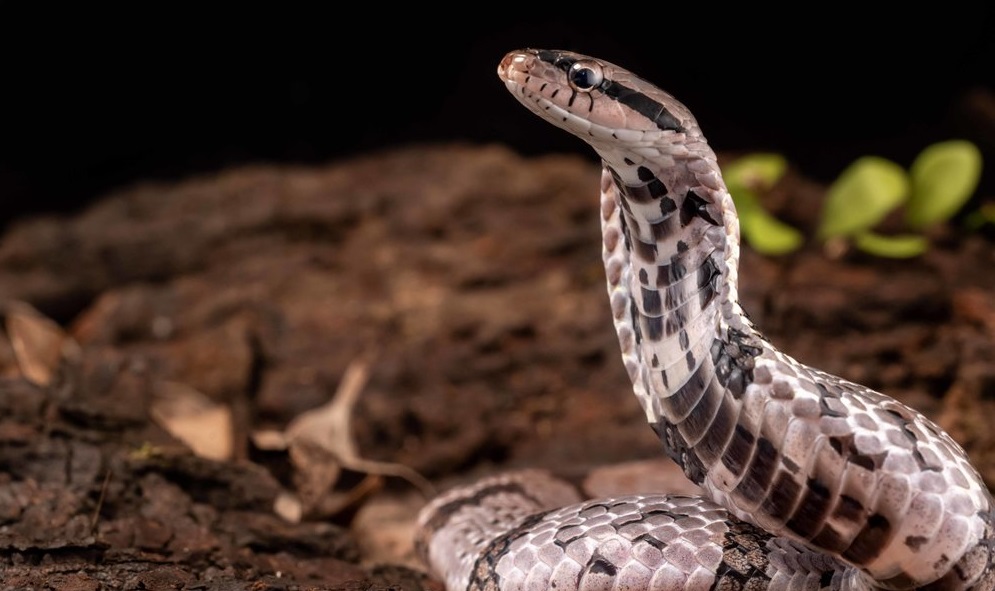

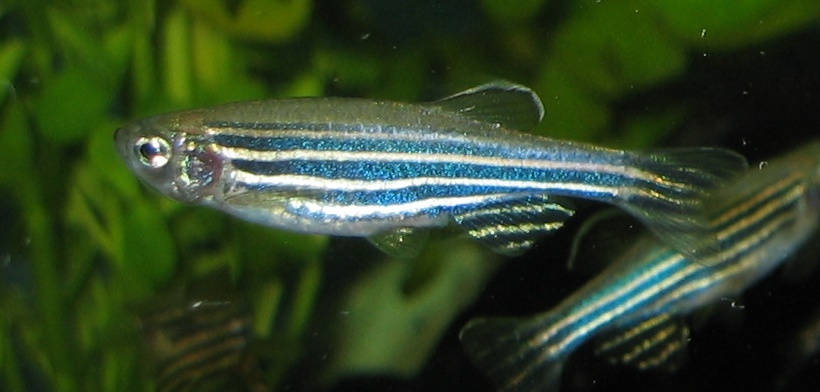
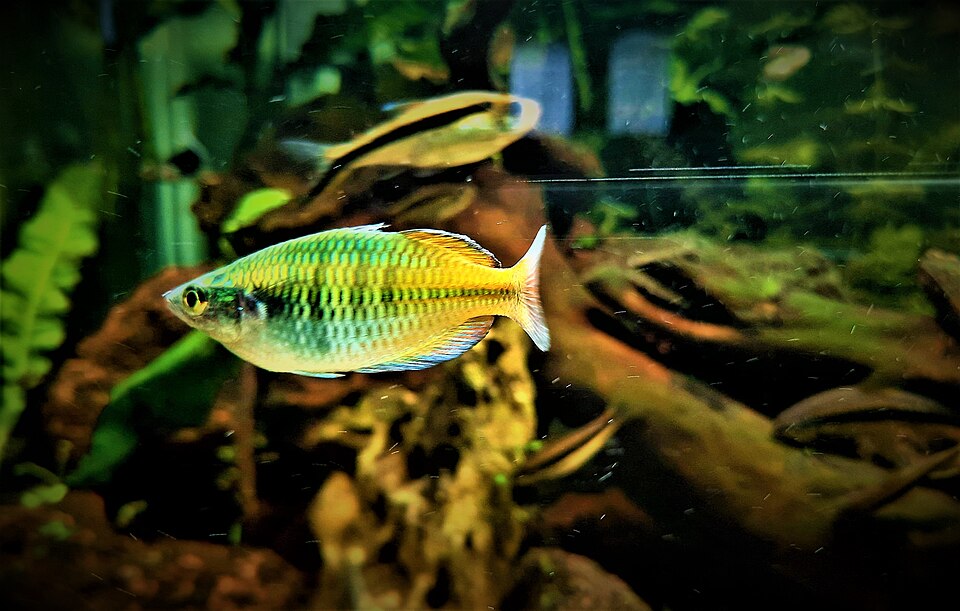
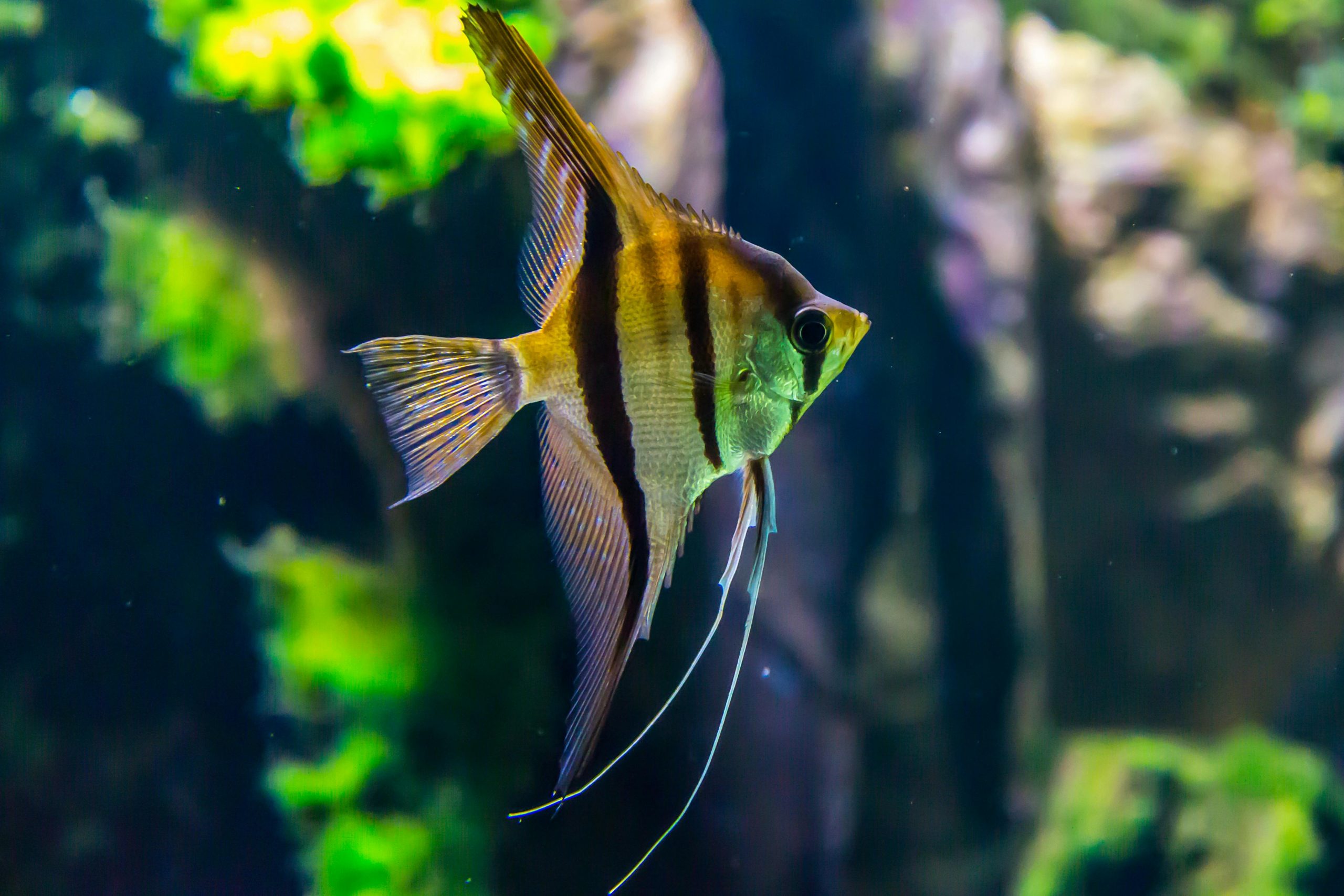
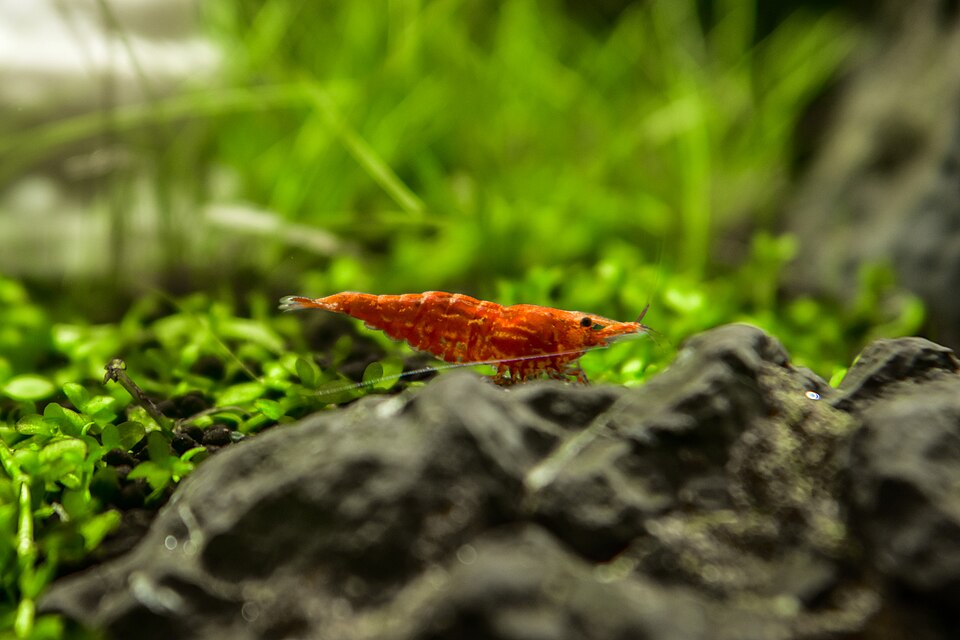

Leave a Reply